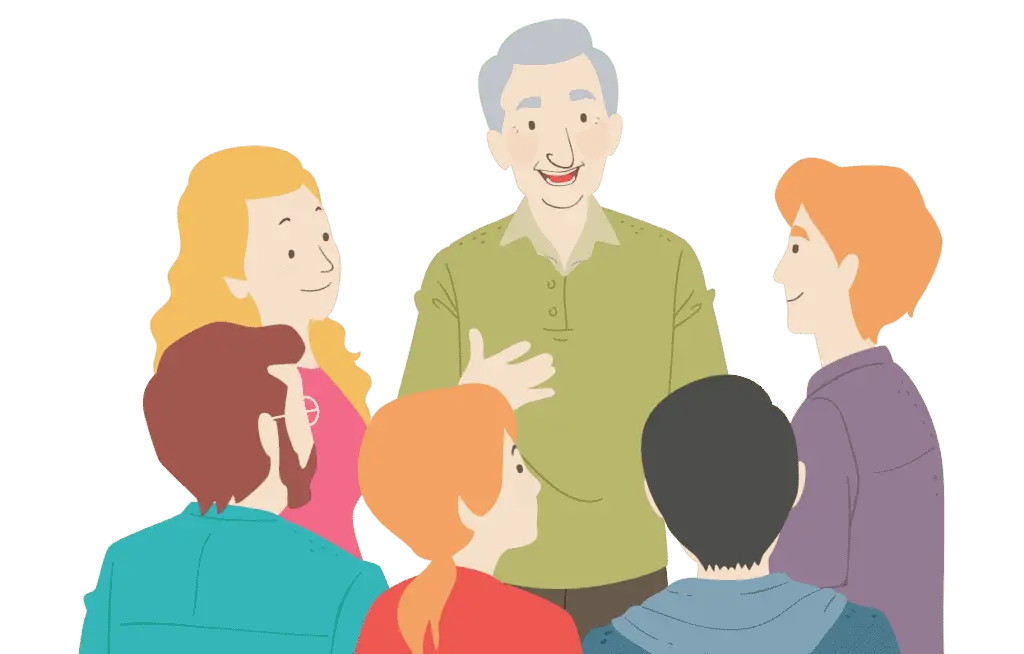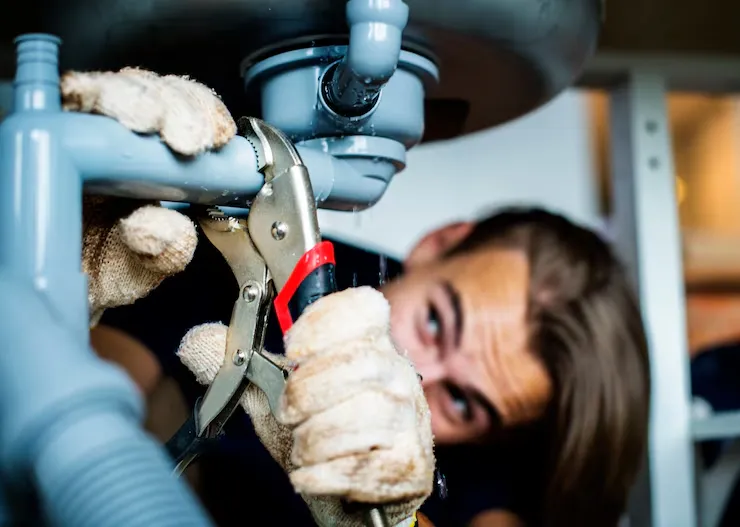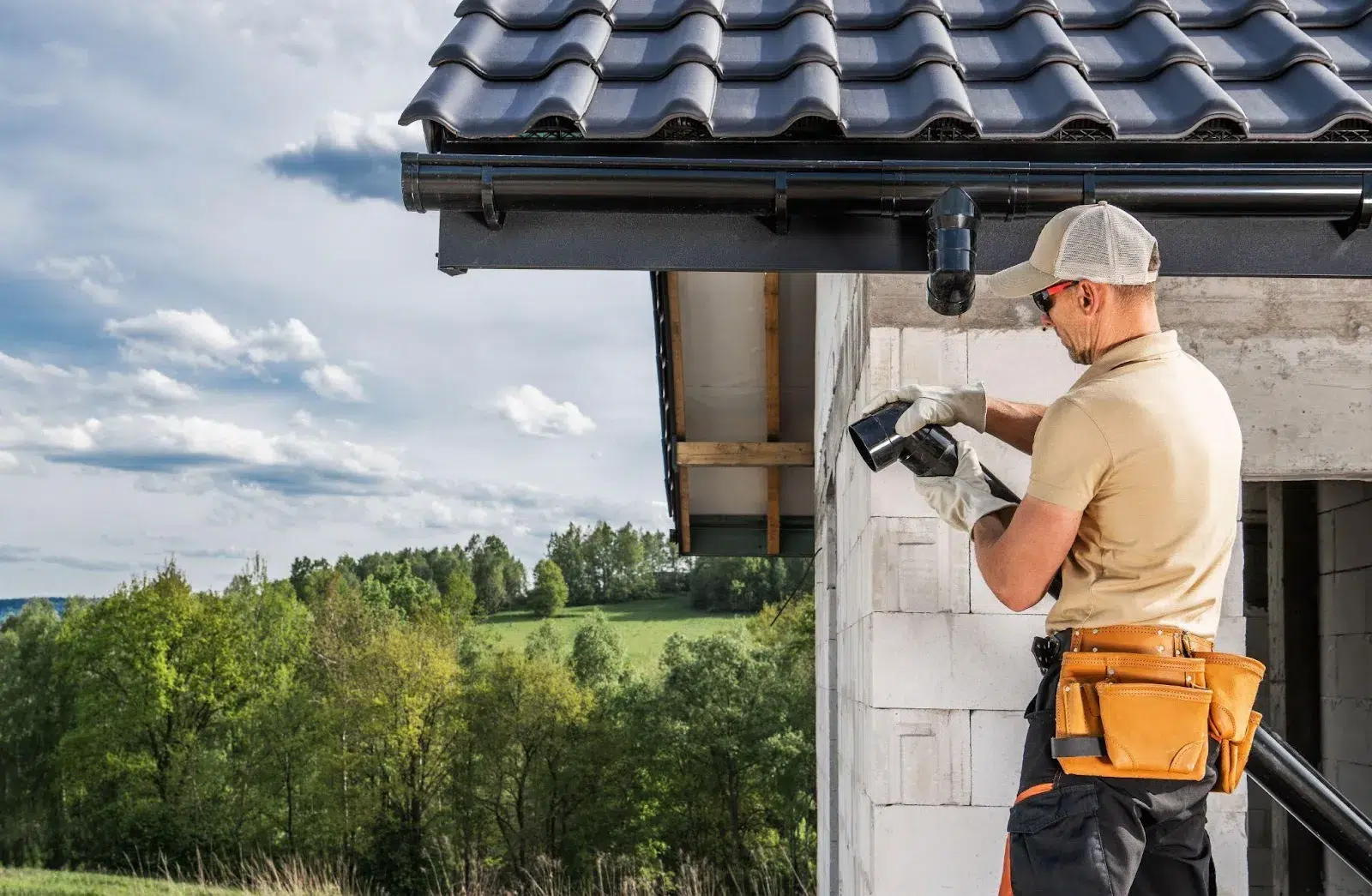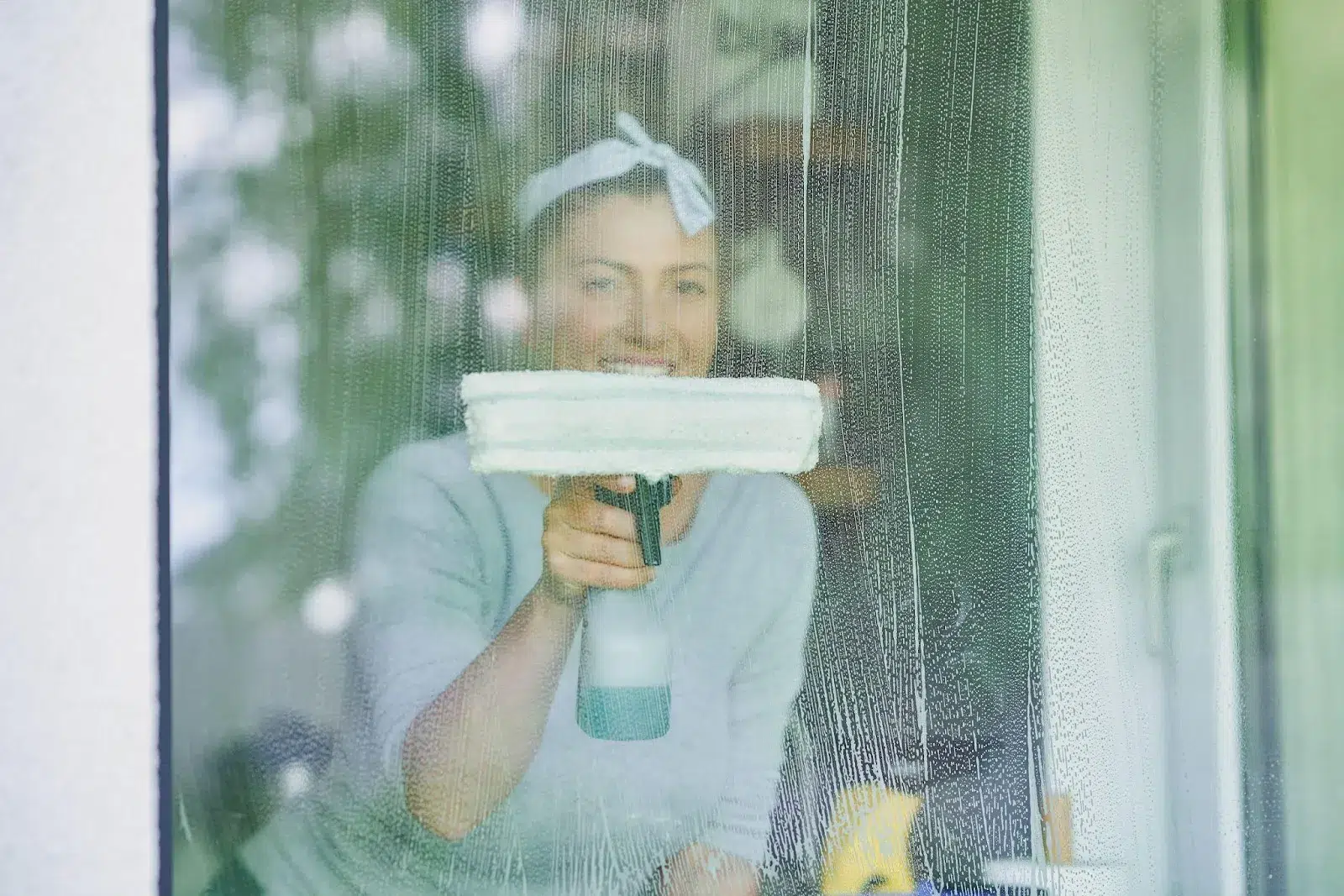By Joanne Richard.
Spring is here and what’s certain is that warm weather and sunshine will replace the dark days of winter.
“Your brain wants to know what’s around the next corner so it can keep you out of harm’s way.”
While sunnier days beckon, uncertainty lingers as the pandemic and intermittent lockdowns continue to cloud our horizons. As human beings, we crave security and a sense of control, and the pandemic has disrupted routines and everyday tasks, and given us lots to worry about.
Even with vaccinations on the rise, many of us can’t help but feel stressed and unsettled about what our new normal will look like.
Our brain dislikes uncertainty, says author and psychotherapist Dr. Bryan Robinson. Your brain wants to know what’s around the next corner so it can keep you out of harm’s way. “It always assumes the worst… You’re hardwired to overestimate threats and underestimate your ability to handle them all in the name of survival.”

• Identify things you can control
To thrive, not just survive, in these uncertain times of uncertainty, identify things that you can control, Robinson recommends. “It can be simple things such as wearing a mask in public, arranging furniture, healthy self-care such as meditation, exercise, nutrition, and sleep.”
Asserting our will over our living space and getting things in order give people a sense of mastery and control, and lowers stress and anxiety.
Tackle chores, projects and home repairs that may have been neglected over the past year. Asserting our will over our living space and getting things in order give people a sense of mastery and control, and lowers stress and anxiety, reports research by Darby Saxbe, assistant professor of psychology at the University of California.

COVID fear has taken its toll on us, and the winter has taken its toll on your house and property – having a tidy backyard will provide a calming oasis that can make you healthier and happier, and reduce the risk of falls. Getting small home repairs done now can prevent larger, more expensive problems and worries in the future.
“As things go downhill, create or rebirth something new. It’s invigorating and energizing.”
• Helping others helps you

Besides asserting control over a few simple things, further diminish stress by creating something new, suggests Robinson. “You don’t have to be an artist. But there’s an old saying that as things go downhill, create or rebirth something new. It’s invigorating and energizing.”
In addition, help others and, in return, receive something known as “the helper’s high.” Robinson says that helping others takes the focus off ourselves, gives us purpose and makes us feel good, not to mention making things better for another person. “Thinking of the common good actually enlarges our perspective and helps us appreciate the blessings we already have.”
• Focus on what you’re grateful for
Practice gratitude, advises Robinson. Make a list of all the things in your life you are thankful for. That requires you to focus on the positive instead of the negative.
“Your attitude is everything if you want to thrive.”
“I had a multi-millionaire older man who built skyscrapers and was mad because he had to pay $1 million in taxes. He had lost count of the fact that he made $15 million that year. He was a rich man leading an impoverished life. Your attitude is everything if you want to thrive.”
• Reduce stress with self-care

Keep in mind that self-care is your first line of defense against the damage of ongoing uncertainty. “Self-care makes your use of time more sustainable. Healthy eating, rest and regular exercise increase your stamina to withstand any perceived threat to your survival.”
Indulge in restorative activities that rejuvenate your mind and body and restore your energy and peace of mind, Robinson recommends. “Make a 10- or 15-minute appointment with yourself daily, and schedule personal time – a hobby, hot bath, manicure, yoga, facial, reading, contemplate nature, or meditate.”
Read also, A note from our founder on the COVID-19 Pandemic.
• Stress compromises immune system
Your perspective is the most powerful thing you can control in a situation that is beyond your control, Robinson adds. Fear, panic and worry are not preparation or productive – “they add insult to injury, another layer of stress that can compromise the immune system and, paradoxically, make us even more vulnerable to the virus.”
“Changing your perspective and reminding yourself that many gifts await you in the unknown future, that it contains many positive outcomes as well as negative ones, is a game changer.”
Offset negative thoughts by finding an upside to a downside situation, he suggests. “Changing your perspective and reminding yourself that many gifts await you in the unknown future, that it contains many positive outcomes as well as negative ones, is a game changer.”




